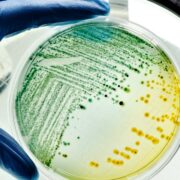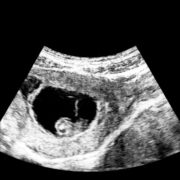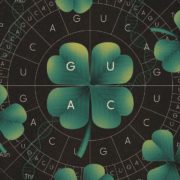
An Effort to ID Tulsa Race Massacre Victims Raises Privacy Issues
The project will match the victims’ DNA to that of their descendants—but uses a genealogy website that can be accessed by law enforcement. ..

The project will match the victims’ DNA to that of their descendants—but uses a genealogy website that can be accessed by law enforcement. ..

Small pinpricks of blood are used to screen newborns for serious health conditions—but this genetic data can have legal uses too. ..

Researchers have found a new way to keep records of when a cell’s genes turn on and off—by harnessing systems that bacteria already use for self-defense. ..

Those using IVF can see which embryo is least likely to develop cancer and other diseases. But can protecting your child slip into playing God? ..

Two new studies use whole genome sequencing to explore how the animals have fared in warmer conditions, raising questions about climate and adaptation. ..

In theory, the building blocks of life are possible with a more expansive code than three-letter codons. New work shows that would be a challenge. ..

The nation follows the UK in permitting mitochondrial donation, which aims to prevent the transmission of rare but often fatal conditions. ..

A startup just showed that its OncoK9 test accurately sounds the alarm for aggressive and advanced cancers. The catch? These often have no cure. ..

A controversial California case has raised questions about police use of DNA databases and the need for better genetic privacy laws. ..

Scientists have way more DNA from ancient Europeans than Africans. Now analysis of a genome from nearly 20,000 years ago is answering questions about ..